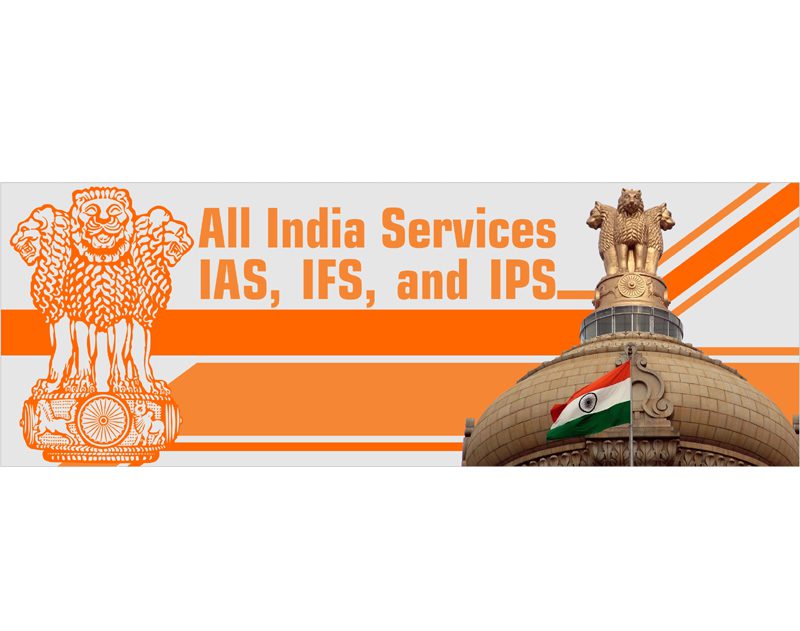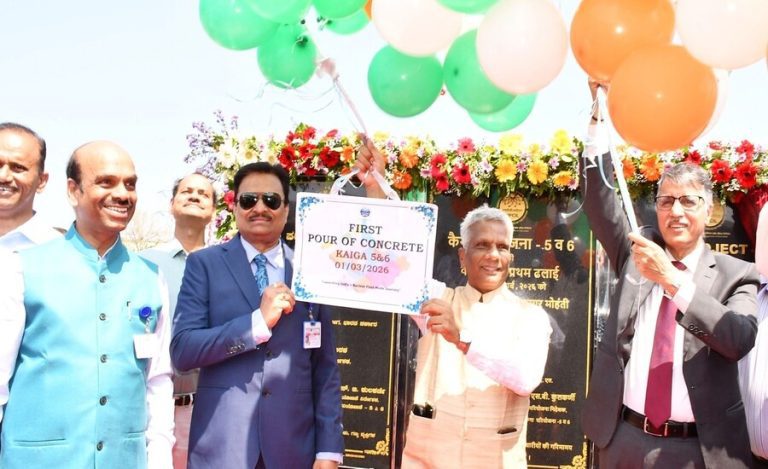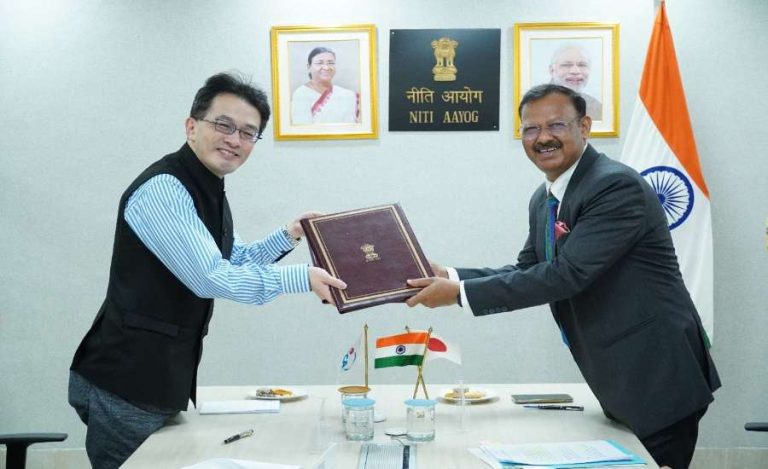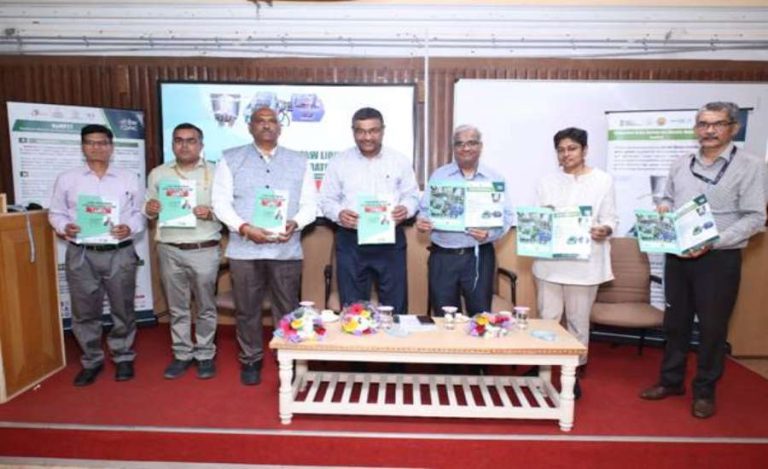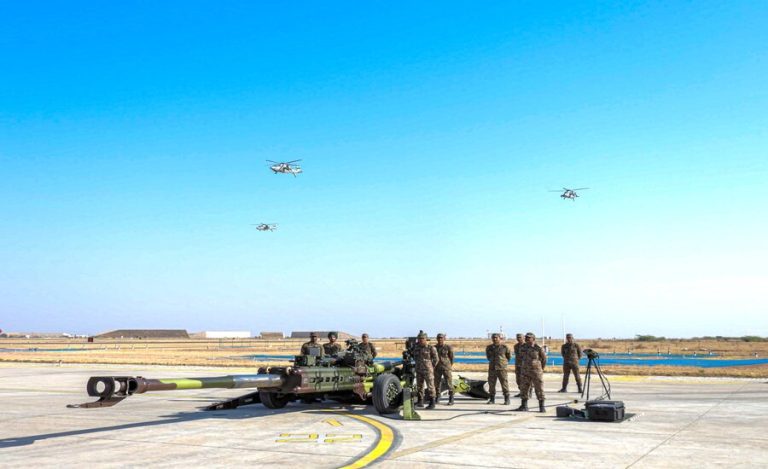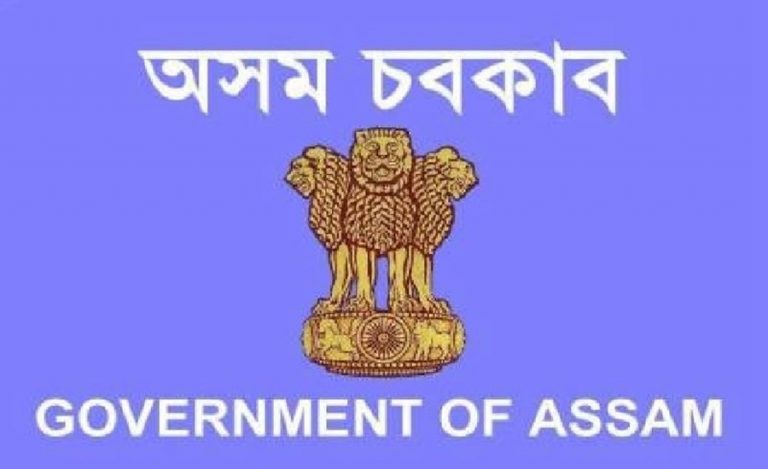In a significant move, the Union Government has rejected pleas from 14 senior IAS and IPS officers currently serving in Telangana, including GHMC Commissioner Amrapali Kata, to continue their postings in the state. The Ministry of Personnel, Public Grievances and Pensions (DoPT) has mandated these officers to report back to their allocated Andhra Pradesh cadre by October 16.
The decision follows recommendations from the Deepak Khandekar committee, which reviewed requests from All India Services (AIS) officers regarding cadre swaps after the bifurcation of Andhra Pradesh in 2014. The committee concluded that such requests were outside the established principles, which have already been upheld by the Telangana High Court. It emphasized that cadre allocations were based on factual records and applied uniformly to all officers.
The DoPT clarified that the allocation process was conducted in accordance with established guidelines to prevent any discriminatory practices. Those instructed to return to Andhra Pradesh include notable officials such as Ronald Rose (2006 batch), A. Vani Prasad (1995 batch), Vakati Karuna (2004 batch), and M. Prashanti (2009 batch), among others.
The Ministry also communicated its decision to the Chief Secretaries of both states, directing the Telangana government to ensure the immediate compliance of the order. This marks a continuation of the government’s efforts to enforce cadre allocations made during the bifurcation, a process that has faced various legal challenges and controversies over the years.
Previously, similar orders had been issued to former Chief Secretary Somesh Kumar, who managed to remain in Telangana through a Central Administrative Tribunal ruling. However, the DoPT did not pursue its appeal against the tribunal’s decision, which left the issue unresolved for several years.
The return of these officers to Andhra Pradesh comes amidst ongoing discussions about administrative efficiency and the need for compliance with established legal frameworks regarding cadre allocations. The government aims to reinforce the integrity of the system while addressing the challenges posed by the bifurcation.
Background
The 2014 bifurcation of Andhra Pradesh led to the creation of Telangana, necessitating the allocation of AIS officers between the two states. Since then, numerous legal and administrative disputes have arisen over cadre allocations and officer postings, reflecting the complexities involved in managing the newly formed state dynamics.
As the deadline approaches, the affected officers now face the challenge of transitioning back to their original cadre, with implications for their careers and the administrative landscape of both states.

